What you should know
Children with cochlear implants are more likely to get bacterial meningitis than children without them. In addition, some children who are candidates for cochlear implants have inner ear abnormalities that may increase their risk for meningitis.
Because children with cochlear implants are at increased risk for pneumococcal meningitis, the Centers for Disease Control and Prevention (CDC) recommends that they receive pneumococcal vaccination on the same schedule recommended for other groups at increased risk for invasive pneumococcal disease. Recommendations for the timing and type of this vaccination vary with age and vaccination history, and should be discussed with a healthcare provider.
The CDC has issued new pneumococcal vaccination recommendations for individuals with cochlear implants. These can be viewed on the
CDC website.
- Children who have cochlear implants or are candidates for them, and who have not received any previous doses of PCV7, should receive PCV13. PCV13 is now recommended routinely for all infants and children (see Table 2 in the CDC March 13, 2010 report at the website above for the dosing schedule).
- Older children with cochlear implants (between age 2 and 6) should receive two doses of PCV13 if they have not previously received any PCV7 or PCV13. If they have already completed the four-dose PCV7 series, they should receive one dose of PCV13 (up to age 6).
- Children 6 through 18 with cochlear implants may receive a single dose of PCV13, regardless of whether they’ve previously received PCV7 or the pneumococcal polysaccharide vaccine (PPSV) (Pneumovax®).
- In addition to receiving PCV13, children with cochlear implants should receive one dose of PPSV at age 2 or older, and after completing all recommended doses of PCV13.
- Adult patients (19 and older) who are candidates for a cochlear implant, and those who have received an implant, should receive a single dose of PPSV.
- For both children and adults, the vaccination schedule should be completed two weeks or more before surgery.
Additional facts
- According to the Food and Drug Administration (FDA), as of April 2009, approximately 188,000 people worldwide have received cochlear implants, including roughly 41,500 adults and 25,500 children in the U.S. There are 122 known reports of meningitis in patients in the U.S., who have received cochlear implants, with 64% of these cases in children.
- Meningitis is an infection of the fluid that surrounds the brain and spinal cord. There are two main types of meningitis, viral and bacterial. Bacterial meningitis is the more serious, and the type that has been reported in individuals with cochlear implants. The symptoms, treatment, and outcomes may differ, depending on the cause.
- The vaccines available in the U.S. that protect against most bacteria that cause meningitis are:
- 13-valent pneumococcal conjugate (PCV13) (Prevnar 13®)
- 23-valent pneumococcal polysaccharide (PPSV) (Pneumovax®)
- Haemophilus influenzae type b conjugate (Hib)
- Tetravalent (A, C, Y, W-135) meningococcal conjugate (Menactra® and Menveo®)
- Tetravalent (A, C, Y, W-135) meningococcal polysaccharide (Menomune®)
- Meningitis in individuals with cochlear implants is most commonly caused by the bacterium Streptococcus pneumoniae (pneumococcus). Children with cochlear implants are more likely to get pneumococcal meningitis than children without them.
- There is no evidence that children with cochlear implants are more likely to get meningococcal meningitisthan other children.
- The Haemophilus influenzae type b (Hib) vaccine is not routinely recommended forthose age 5 or older, since most older children and adults arealready immune to Hib. However, it can be given to older children and adults who have never received it. Children under age 5 should receive the Hib vaccine as a routine protection, according to the CDC guidelines. Most children born after 1990 receive the Hib vaccine as infants.
Healthcare providers (family physicians, pediatricians, and otolaryngologists) and families should review the vaccination records of current and prospective cochlear implant recipients to ensure that all recommended vaccinations are up to date.
